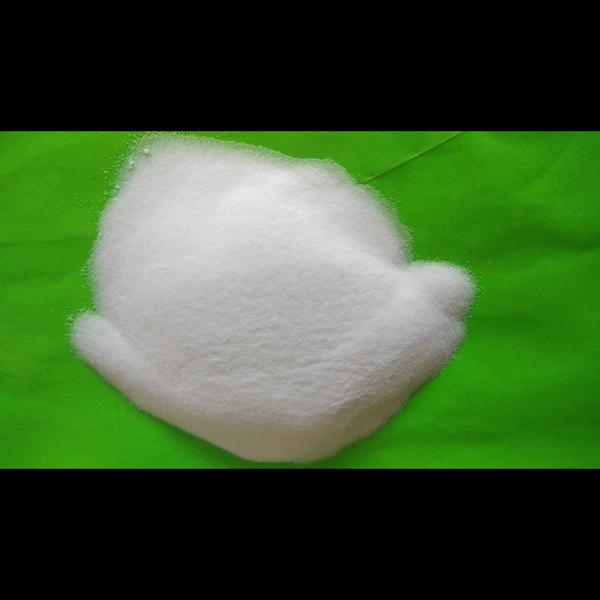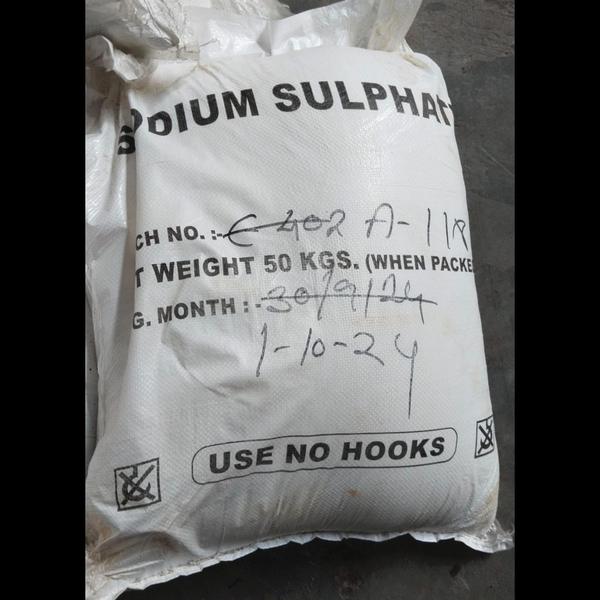Here is a detailed explanation of the properties of Calcium Sulphate (CaSO₄), a widely used inorganic compound found in both natural and industrial forms. It is most commonly seen as gypsum (CaSO₄·2H₂O), but also exists in hemihydrate (CaSO₄·0.5H₂O) and anhydrite (CaSO₄) forms.
🧪 Calcium Sulphate (CaSO₄) – Detailed Properties
🔹 1. Basic Identification
Property Value
Chemical Name Calcium Sulphate
Chemical Formula CaSO₄
Common Forms Gypsum (CaSO₄·2H₂O), Plaster of Paris (CaSO₄·0.5H₂O), Anhydrite (CaSO₄)
Molar Mass 136.14 g/mol (CaSO₄)
172.17 g/mol (gypsum)
CAS Number 7778-18-9
🔹 2. Physical Properties
Property Description
Appearance White or colorless crystalline solid
Odor Odorless
Taste Slightly salty
Density 2.96 g/cm³ (anhydrite), 2.32 g/cm³ (gypsum)
Melting Point Decomposes at ~1, 460°C (anhydrite)
Boiling Point Not applicable (decomposes)
Solubility in Water Slightly soluble (~0.2 g/100 mL at 25°C)
Solubility in Acids Soluble in hydrochloric and nitric acid
Color White to off-white
Crystal Structure Orthorhombic (anhydrite), Monoclinic (gypsum)
🔹 3. Chemical Properties
Property Description
Nature Inorganic salt
pH ~6–7 in water (neutral to slightly acidic)
Reactivity Stable under normal conditions, reacts slowly with strong acids
Decomposition On heating, gypsum loses water to form hemihydrate (Plaster of Paris), and then anhydrite
Hygroscopicity Gypsum is non-hygroscopic; hemihydrate is hygroscopic and sets when mixed with water
🔹 4. Types / Forms
Form Chemical Formula Common Name Description
Dihydrate CaSO₄·2H₂O Gypsum Naturally occurring form, soft and hydrated
Hemihydrate CaSO₄·0.5H₂O Plaster of Paris Made by heating gypsum to 150°C
Anhydrous CaSO₄ Anhydrite Completely dehydrated, hard, and dense
🔹 5. Industrial & Practical Applications
Application Area Use of Calcium Sulphate
Construction Plaster of Paris (walls, ceilings), gypsum boards
Agriculture Soil conditioner (improves water penetration), source of calcium and sulfur
Medical Bone graft materials, orthopedic casts (Plaster of Paris)
Food Industry (E516) Used as a firming agent in tofu, yeast nutrient, flour treatment agent
Cement & Concrete Retarder in Portland cement
Ceramics & Molding Molding medium in fine arts and crafts
Laboratory Use Desiccant in its anhydrous form
🔹 Mechanical & Structural Properties
Property Description
Mohs Hardness ~2 (Gypsum – soft mineral)
Compressive Strength Moderate in set form (Plaster of Paris sets rigidly)
Thermal Conductivity Low; used as insulation material in building boards
Fire Resistance Excellent; gypsum releases water vapor when heated, acting as a fire barrier
🔹 Safety and Handling
Aspect Description
Toxicity Non-toxic under normal use
Inhalation Fine dust can irritate respiratory tract
Skin Contact Mild irritation possible during long exposure
Environmental Impact Non-hazardous; large deposits used for eco-friendly applications like soil remediation
✅ Summary Points
Calcium sulphate is widely used in construction, agriculture, food, and medicine.
Exists in three main forms: gypsum (dihydrate), plaster of Paris (hemihydrate), and anhydrite (anhydrous).
Has low solubility, fire resistance, and biocompatibility.
Safe for use in food and pharmaceuticals (E516 grade).



